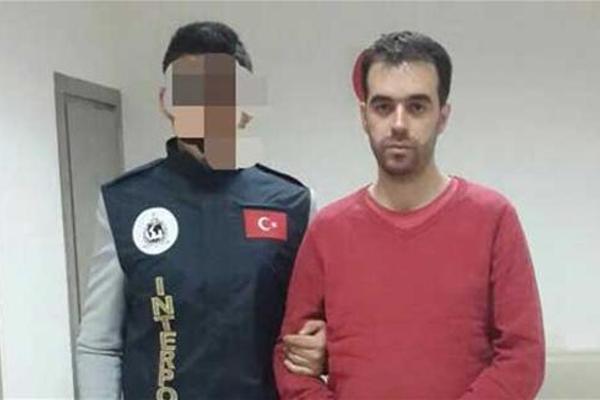United Nations expresses grave concern over Myanmar, Thai deportation of Turkish national
BANGKOK


The United Nations Human Rights office said the deportation to Turkey of Muhammet Furkan Sökmen, a former employee of an international school in Yangon, was one of an increasing number of cases of Turkish nationals singled out by Turkish authorities over suspected links to the U.S.-based Islamic preacher Fethullah Gülen.
Gülen is believed to have orchestrated July 15, 2016 coup attempt that killed 250 people and wounded many others.
Sökmen was reportedly arrested at Yangon airport on May 24, the U.N. said in a statement. He was sent to Thailand where he was held at an immigration detention centre before being deported to Turkey on May 26.
Colonel Myo Thu Soe, spokesman for Myanmar police headquarters in Naypyitaw, told Reuters that an official from the Turkish embassy had given him a certificate of identification and Sökmen was put on a Myanmar Airways plane to Bangkok, while his wife and daughter remained in Yangon.
Reuters was unable to contact Sökmen on his mobile.
“U.N. Human Rights for South-East Asia expressed grave concern over the deportation by Myanmar - via Thailand - of Turkish national Muhammet Furkan Sokmen, and strongly urged authorities not to deport those deemed at risk upon their return to Turkey,” the U.N. said in a statement.
“We reiterate our call to all governments, including in this latest case the Thai and Myanmar governments, to put in place an effective system of review before deportation occurs,” said Laurent Meillan, acting regional representative of the U.N. Human Rights office for South-East Asia.
Sökmen is at least the sixth person to be deported from southeast Asia over alleged connections to the Gülen movement, the U.N. said.
